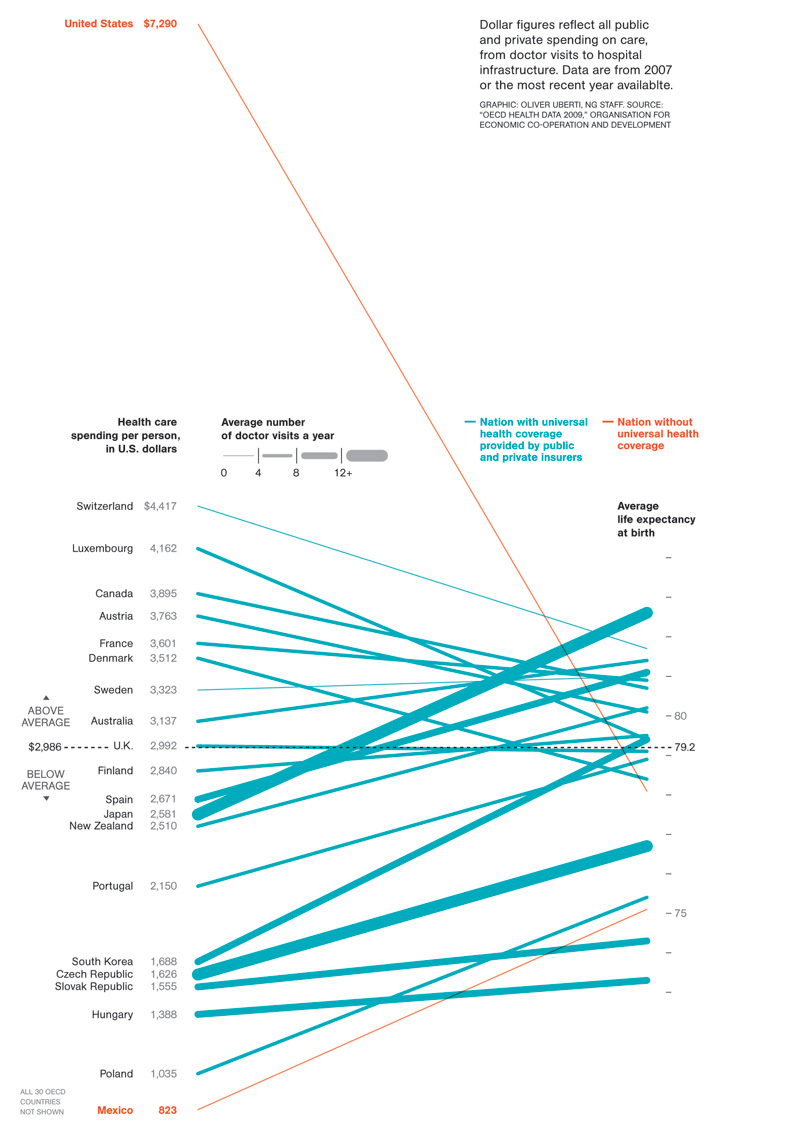A Partisan Post, You Have Been Warned
Last night I read a post by Brad DeLong that made me so mad I had trouble falling asleep. (Not at DeLong, mind you.) There’s really nothing unusual in there — hysteria about the deficit, people who voted for the Bush tax cuts and the unfunded Medicare prescription drug benefit but suddenly think the national debt is killing us, political pandering — but maybe it was the proverbial straw.
First, let me say that I largely agree with DeLong here:
“I am–in normal times–a deficit hawk. I think the right target for the deficit in normal times is zero, with the added provision that when there are foreseeable future increases in spending shares of GDP we should run a surplus to pay for those foreseeable increases in an actuarially-sound manner. I think this because I know that there will come abnormal times when spending increases are appropriate. And I think that the combination of (a) actuarially-sound provision for future increases in spending shares and (b) nominal balance for the operating budget in normal times will create the headroom for (c) deficit spending in emergencies when it is advisable while (d) maintaining a non-explosive path for the debt as a whole.”
Now, let me tell you what I am sick of:
1. People who insist that the recent change in our fiscal spending is the product of high spending, without looking at the numbers, because their political priors are so strong they assume that high deficits under a Democratic president must be due to runaway spending. And it’s not just Robert Samuelson.
2. People who forecast the end of the world without pointing out why the world is ending. Here’s Niall Ferguson, in an article entitled “An Empire at Risk:”
“The deficit for the fiscal year 2009 came in at more than $1.4 trillion—about 11.2 percent of GDP, according to the Congressional Budget Office (CBO). That’s a bigger deficit than any seen in the past 60 years—only slightly larger in relative terms than the deficit in 1942.”
But does he mention that the reason for the 2009 deficit is lower tax revenues due to the financial crisis and recession? No.
Here’s Ferguson on the 10-year projection:
“Meanwhile, in dollar terms, the total debt held by the public (excluding government agencies, but including foreigners) rises from $5.8 trillion in 2008 to $14.3 trillion in 2019—from 41 percent of GDP to 68 percent.”
Does he mention that, as early as January 2008, that number was projected to fall to 22%, and the majority of the change is due to lower tax revenues? No.
3. People who posture about our fiscal crisis who voted for the Bush tax cuts — shouldn’t shame require them to keep silent?
4. People who say, like Judd Gregg, “after the possibility of a terrorist getting a weapon of mass destruction and using it against us somewhere here in the United States, the single biggest threat that we face as a nation is the fact that we’re on a course toward fiscal insolvency,” as if this is a new problem, when it’s been around since 2004 (see Figure 1) — when, I might add, Judd Gregg was a member of the majority.
(Tell me, was Niall Ferguson forecasting the end of the American empire in 2004, when everything he says now about long-term entitlement spending was already true? That’s a real question.)
5. People who say that we can’t pass health care reform because it costs too much, ignoring the fact that the CBO projects the bills to be roughly deficit neutral, ignoring the fact that the Senate bill has received bipartisan health-economist support for its cost-cutting measures, and ignoring the fact that our long-term fiscal problem is, and always has been, about health care costs (see Figure 2).
6. People who say the Obama administration is weak on the deficit (Ferguson refers to Obama’s “indecision on the deficit”, and he is gentle by Republican standards), when by tackling health care costs head-on — and in the process angering their political base — they are doing the absolute most important thing necessary to solve the long-term debt problem.
7. People who cite “financial ruin” purely, absolutely, incontrovertibly as a political tactic to try to kill health care reform (courtesy of DeLong and Brian Beutler):
8. Joe Lieberman.
By James Kwak

 The 18-inch-long Atlantic salmon lay perfectly still for its brain scan. Emotional pictures—a triumphant young girl just out of a somersault, a distressed waiter who had just dropped a plate—flashed in front of the fish as a scientist read the standard instruction script aloud. The hulking machine clunked and whirred, capturing minute changes in the salmon’s brain as it assessed the images. Millions of data points capturing the fluctuations in brain activity streamed into a powerful computer, which performed herculean number crunching, sorting out which data to pay attention to and which to ignore.
The 18-inch-long Atlantic salmon lay perfectly still for its brain scan. Emotional pictures—a triumphant young girl just out of a somersault, a distressed waiter who had just dropped a plate—flashed in front of the fish as a scientist read the standard instruction script aloud. The hulking machine clunked and whirred, capturing minute changes in the salmon’s brain as it assessed the images. Millions of data points capturing the fluctuations in brain activity streamed into a powerful computer, which performed herculean number crunching, sorting out which data to pay attention to and which to ignore.


 I’m always up for listening to Nicholson Baker, and his recent
I’m always up for listening to Nicholson Baker, and his recent